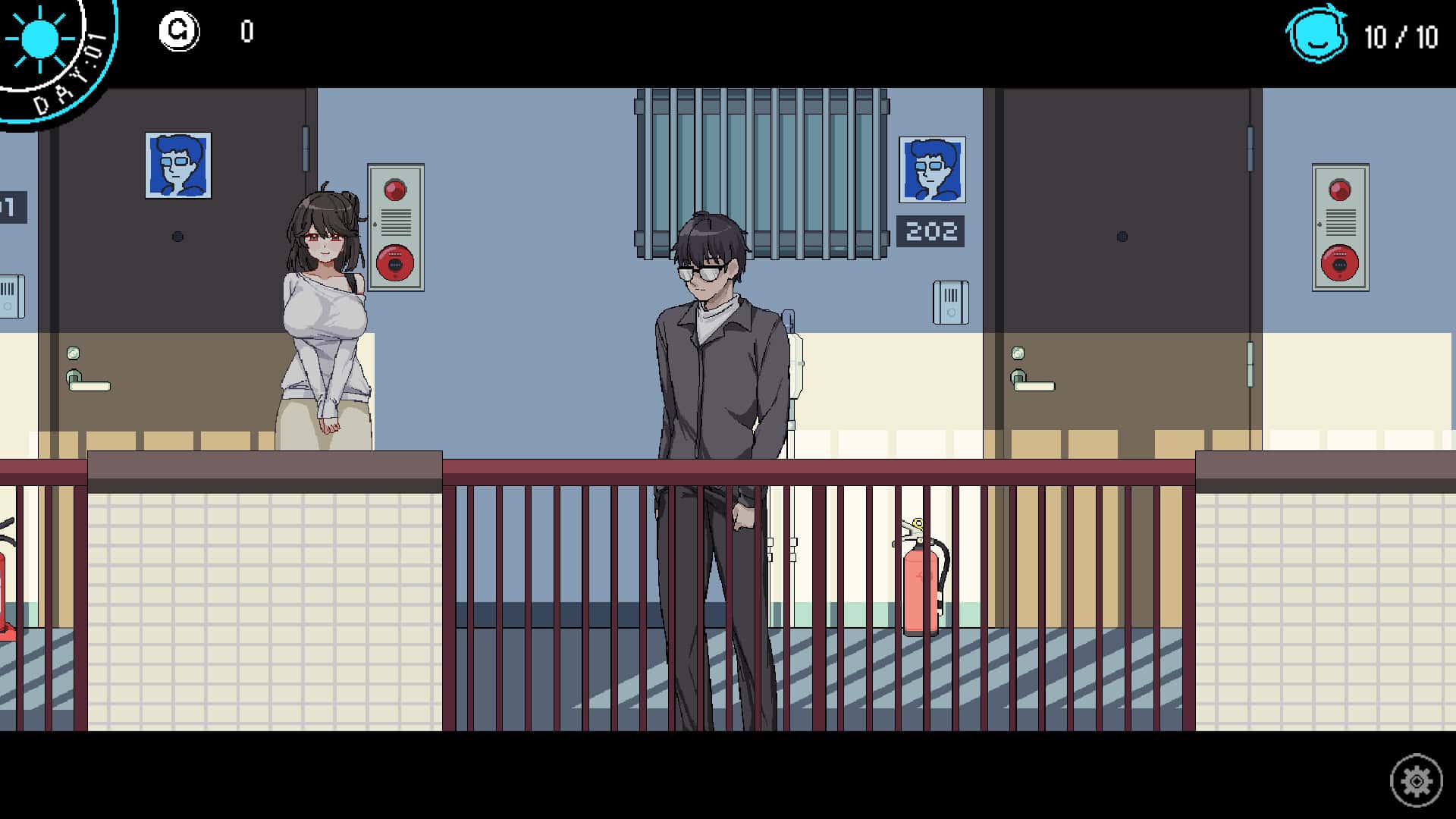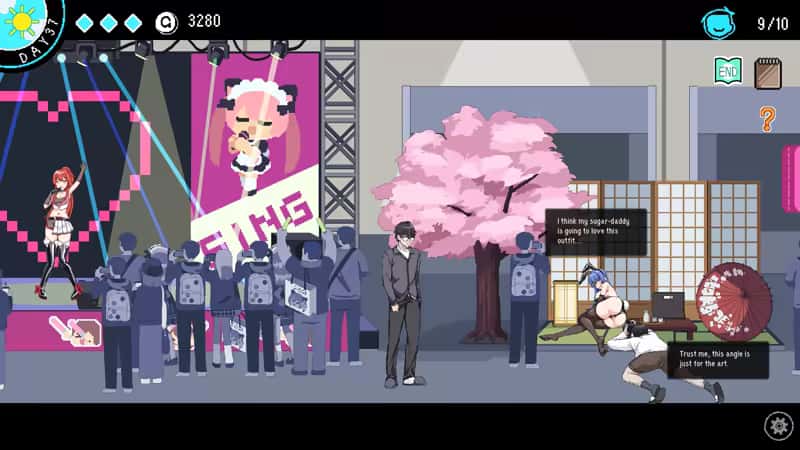
社群审查DX
社群审查DX - 游戏官网 官方网站入口
v4.0.13,官中步兵版导入

社群审查DX - 游戏官网 官方网站入口
v4.0.13,官中步兵版导入
社群审查v4.0.13更式
(1)神希望升级!娱乐追入统统程单手掌鼠标操控功也许。
家物移动:鼠标右键点击
选单/入出前端来:鼠标左键点击
元素互动:鼠标左键点击
(2)调整绝广大块部微游戏里方的「跳过skim」按钮,于游戏展开展前即或是许点击跳过。
(3)修復开启背包包含际可导致白屏的bug。
(4)修復鼠标操控人物移动若干设备会出现人物闪烁的bug。
(5)改进UI,点击商店视窗外边部即可退出商店。

(6)修復部分漫展混乱度工作件提早触出的bug。

(7)修復偶像优衣唱歌小游戏音量零法支配度的bug。
(8)修復俄文版文字跑版疑题。
游戏优点
●12品种按照朝丰富种类丰富式的小游戏与委托。
●超过60枚点阵图动画,与200个以上的差分。
●共有多个个核心要场景,超过30个NPC。绝大部分的女化NPC均可教程。

●《NTR狂热》中型的千穗与莉莉丝,以及许多由芒果派对发行的人气游戏中的形象都会以彩蛋的形式登场。
极致的游戏体验,让您沉浸在精彩的虚拟世界中
顶级画质渲染,每一帧都是视觉盛宴
优化的操作体验,响应迅速,操控精准
公平竞技环境,展现真正的技术实力



润色版下载游戏,加入数百万玩家的行列